 On Christmas day, my friend’s grandma died. This wasn’t just any grandma, this was my friend’s rock, support, friend, caregiver, and encourager. She was the type of woman who loved deeply, extravagantly shared what she had, and made those around her feel special. I didn’t know my friend’s grandma personally, but her absence in our community was felt immediately.
On Christmas day, my friend’s grandma died. This wasn’t just any grandma, this was my friend’s rock, support, friend, caregiver, and encourager. She was the type of woman who loved deeply, extravagantly shared what she had, and made those around her feel special. I didn’t know my friend’s grandma personally, but her absence in our community was felt immediately.
I am the mom of eight children, six of whom are still living at home. Many of my children have special needs. Typical everyday tasks can be difficult for them to accomplish. When I heard the details for the funeral, I immediately thought about my impulsive nine-year-old and worried about him sitting still for so long. I worried that the dynamic of all four of my rambunctious sons in contrast to a quiet church. I knew that my daughters had planned a trip to the mall that morning with a group of friends and that they would have to cancel it. When I told my children what happened, they immediately expressed sadness for our friends. I knew that the right thing to do was to attend the funeral and grieve alongside the people we love.
We attended the memorial service on a chilly Saturday afternoon. We discussed appropriate behavior on the drive to the church. “We will keep hands and feet to ourselves. We will not get on any devices. We will listen and watch when others are talking. We will stand when others stand and sit when others sit.” My children agreed and slid into the back pew (just in case). For an hour and 20 minutes, we heard stories about a woman we now wish we had known. We laughed at the silly things and wiped tears when her youngest great granddaughter read a letter she had written for the occasion. We found that we were strong enough to share in the loss of others. We found that in sharing a bit of the heartache, we were actually stronger.
Why is this practice of grief so important?
Grief is a part of our humanity
We will not complete this life without sadness. Sometimes we will feel our anguish to the core of our being—we will ache, hurt, cry, and then we will heal. Even our Lord felt the depths of grief as he gave his life for ours on the cross.
Our children learn by example
Our children must watch our reaction to grief. They must see us not only heal from our own losses but also comfort those around us. They will learn that they can offer support and strength to others when they see us look out for those in our community who are struggling with the weakness of loss.
Not everything is about us
We must allow others to be the center of our attention. Our children will learn to stand back and allow the emotions of others to take center stage sometimes. They will learn to care for people when they see us share compassion. Our expression of empathy will be reflected in the way our children feel for and support others.
Scripture gives us this example in Job 2:11-13 (NASB):
“Now when Job’s three friends heard of all this adversity that had come upon him, they came each one from his own place, Eliphaz the Temanite, Bildad the Shuhite and Zophar the Naamathite; and they made an appointment together to come to sympathize with him and comfort him. When they lifted up their eyes at a distance and did not recognize him, they raised their voices and wept. And each of them tore his robe and they threw dust over their heads toward the sky. Then they sat down on the ground with him for seven days and seven nights with no one speaking a word to him, for they saw that his pain was very great.”
Job’s friends spoke not a word, for they saw that his grief was very great. In a culture of quick fixes and immediate gratification, we can send a message to our children that discomfort is bad and should be avoided at all costs. However, discomfort is not detrimental when we share in the discomfort of those around us and encourage their healing. In turn, we find that we and our children are stronger than we ever thought possible.

Leave a Reply